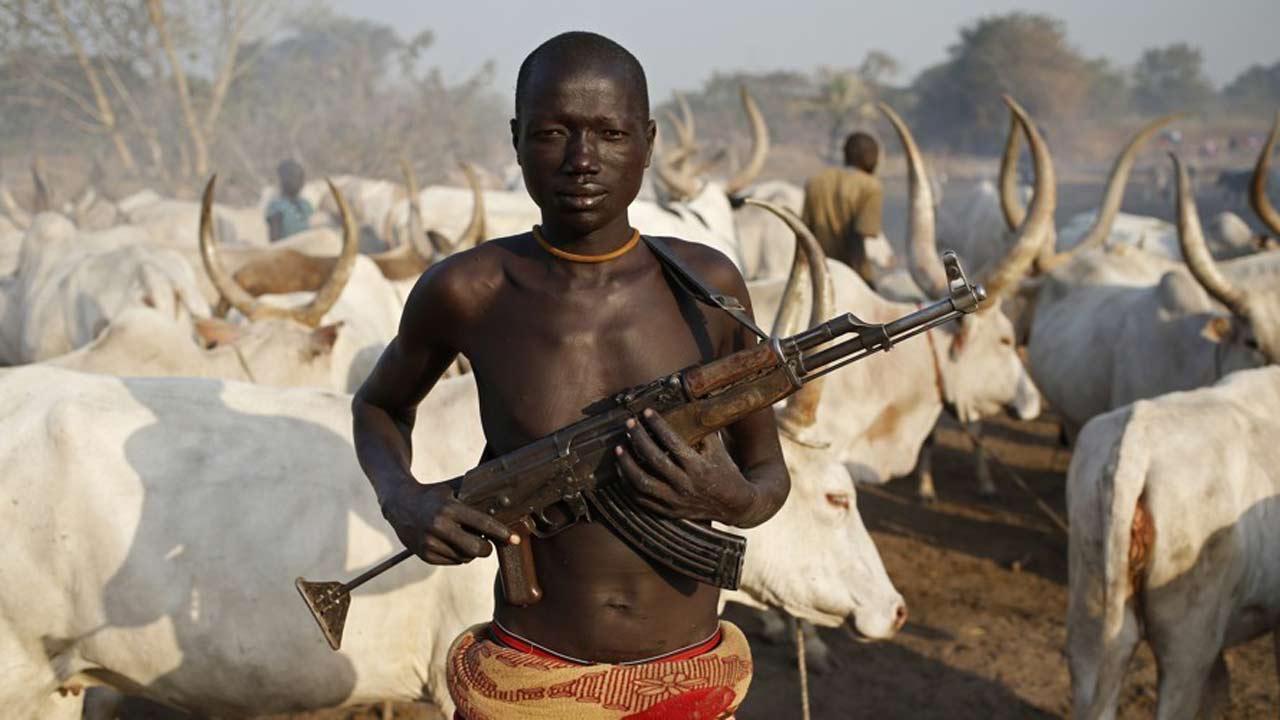By Onyeka Obiajulu

While Section 41(1) of the 1999 Constitution of the Federal Republic of Nigeria (amended 2011) recognises the freedom of movement of every Nigerian by saying “every citizen of Nigeria is entitled to move freely throughout Nigeria and to reside in any part thereof, and no citizen of Nigeria shall be expelled from Nigeria or refused entry thereby or exit therefrom”. It also recognises that such right can be impeded legally in the interest of public safety, defence or public good. Emphasis on legally!
Indeed, all citizens of Nigeria are constitutionally entitled to settle, live and move freely anywhere and everywhere in Nigeria without any fear of rejection, ostracisation or discrimination, however, such right like every other fundamental right is not absolute.
Two legal instruments will appear to make the actions of the governor of Ondo state in the instant case justifiable. They are the land use Act and the Trade Cattle Tax Law of Ondo State, 1969 (amended 2006).
The land use act vests all the land in a state in the hands of the governor to be held in trust and administered for the use and common benefit of all the citizens. The Act further empowers the Governor to grant licence or permits to anyone entering or using a land, and also vests upon the Governor the power to cancel any such licence if it fails to comply with the conditions of the licence or for overriding public interest. Therefore if in the mind of a governor, the occupation of any land within the state becomes a threat to the peace and lives of its citizens, the governor can cancel or withdraw such licence and evict the persons from the said land. If the continuous stay of herdsmen constitutes a threat to the lives of Ondo state citizens, the governor as chief security Officer of the state is empowered to evict them from that particular place
The Trade Cattle Tax Law empowers the governor of the state to issue “movement permit” to cattle traders in and around the state. The law also empowered the governor to make relevant regulations for the purpose of enforcing the law. It further criminalizes failure to pay the trade cattle tax or failure to take such trade cattle to the appropriate control post for inspection purposes. From the foregoing, it can be deduced that as far back as 1969, the idea of allowing herdsmen to roam freely without check has been dealt with sufficiently.
It thus will be right to conclude that Gov. Akeredolu was right and within the law in placing the notice to quit the forests of Ondo on the herdsmen.
Recourse will also be made to the Ondo State Forestry Law regime (Forestry Law of Western State and National Forestry Policy, 2006), which makes it a criminal trespass for an individual to occupy a forest reserve without obtaining permit from the State Government through the State Forestry Department. Under the law, any individual, whether an indigene or otherwise who enters into the forest reserve without permission commits an offence punishable under the law. It is also trespass for herdsmen to take their livestock into people’s farmlands to graze.
Now some people will argue that the recent order by the governor does not amount to asking for permit, but there it ends. The governor can ask everybody within the forest reserves to vacate the place until such a person applies for and is issued the requisite permit. Let us also remember that the mere application for permit doesn’t mean that it will be granted. Under the law, the governor can refuse to grant such permit in the interest of the public.
I am however of the view that while the governor has the power to evict anyone from the forest reserves and control the movement of herdsmen, he does not have the right to outrightly evict anyone from the State entirely since as Nigerians, they still have the right to freely move in and out of any part of Nigeria.
On the part of the federal government, a concise national policy on this issue is needed as soon as practicable. The attendant result of these continuous communal clashes outweighs the benefits of roaming around with the cattle. Before then, states who do not have laws like the one above to curtail the movement and excesses of the herdsmen should as a matter of urgency do so.
Obiajulu, a lawyer writes from Abuja.
In this article:
